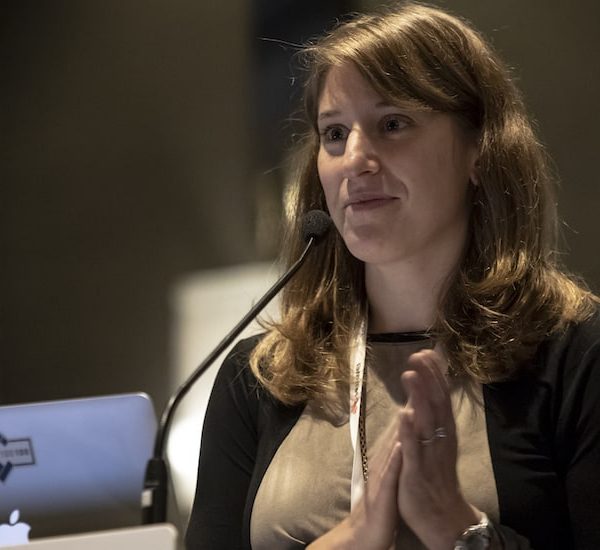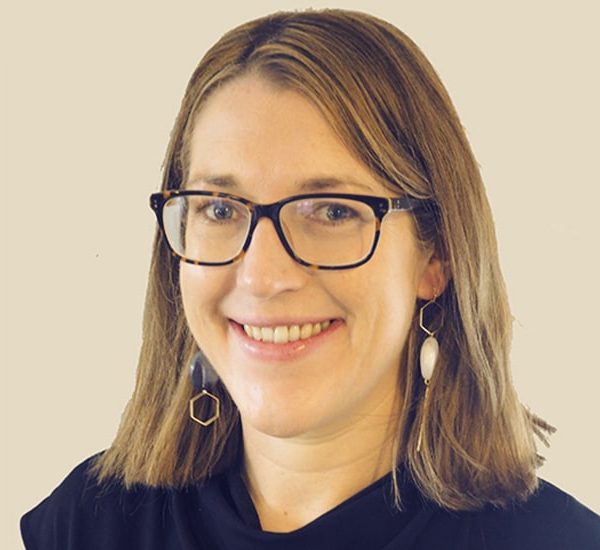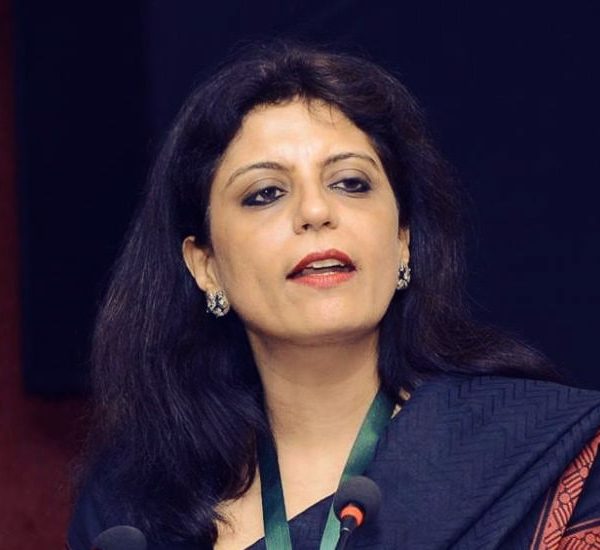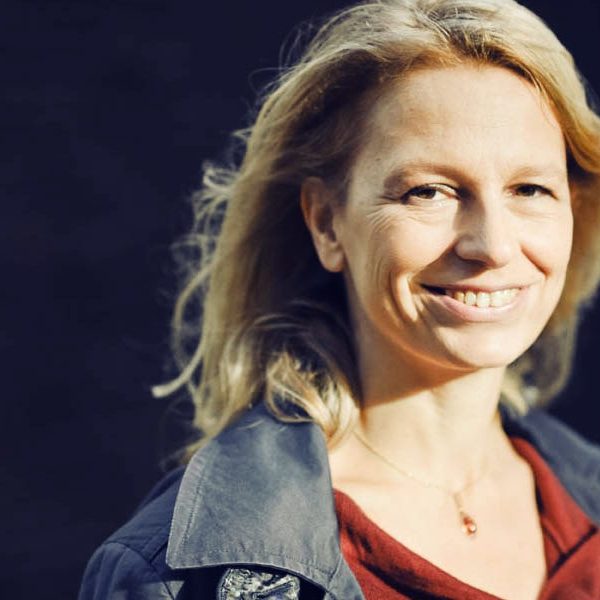As does every technology, the Internet has grown, evolved, and adapted to new technologies and new uses. As a global infrastructure, the Internet is also shaped by economic and policy forces.
From the underlying infrastructure to the way users engage, the Internet is evolving in many ways. The Internet Society’s 2017 report foresaw a hyperconnected Internet economy, one in which no sector of the economy or part of society would be untouched by technology. Among the other questions it posed, the report also asked if this technology-driven disruption would favour the existing Internet economy players, or usher in greater competition and entrepreneurship. In the 2019 report, the Internet Society explores the evolving Internet economy further. It examines the growing presence the Internet platforms have in the Internet economy, and what the implications might be for society, innovation, competition, and the economy, as well as the Internet’s broader architecture.
In the 2019 report, the Internet Society asks whether the Internet economy is consolidating and, if it is, what the implications might be. From the dominance of Facebook in social messaging, Google in search and Amazon in online shopping, the largest Internet platforms are capturing fundamental human interactions. This dominance, and the finances and reach that accompany it, enable the platforms to extend their influence and reach into new market spaces, from autonomous vehicles, to AI, to cloud services and beyond. This leverage is built on unprecedented network effects, vast troves of user data, business agility, and regulatory freedom that few other companies enjoy.
In this report, the Internet Society recognises the incredible convenience these platforms provide the Internet user. At the same time, the Internet Society also recognises the concerns that are being voiced about this dominance, and about the responsibility these companies have to society and economy. The 2019 report explores these issues by examining five key trends and themes that emerged from extensive engagement with the Internet Society community, and surveys and interviews with experts, thought leaders and influencers.
News

Future Thinking: Alissa Cooper on the Technical Impact of Internet Consolidation
Alissa Cooper is a Fellow at Cisco Systems. She has been serving as the Chair of the Internet Engineering...

Future Thinking: Chris Yiu of the Tony Blair Institute for Global Change
Chris Yiu is a senior policy fellow for technology in the Renewing the Centre team at the Tony Blair...

Future Thinking: Orla Lynskey on Data in the Age of Consolidation
Orla Lynskey is an associate professor of law at the London School of Economics and Political Science. Her primary...

Future Thinking: Payal Malik of the Competition Commission of India
Payal Malik is the Economics Adviser and Head of the Economics Division (Chief Economist) at the Competition Commission of India....

Future Thinking: Natali Helberger on the Impact of Consolidation on Media Diversity
Natali Helberger is a professor of Information Law at the University of Amsterdam's (UvA) Faculty of Law. She researches...

Future Thinking: Mozilla Director of Public Policy Chris Riley on the Internet Economy
Chris Riley is Director, Public Policy at Mozilla, working to advance the open Internet through public policy analysis and...